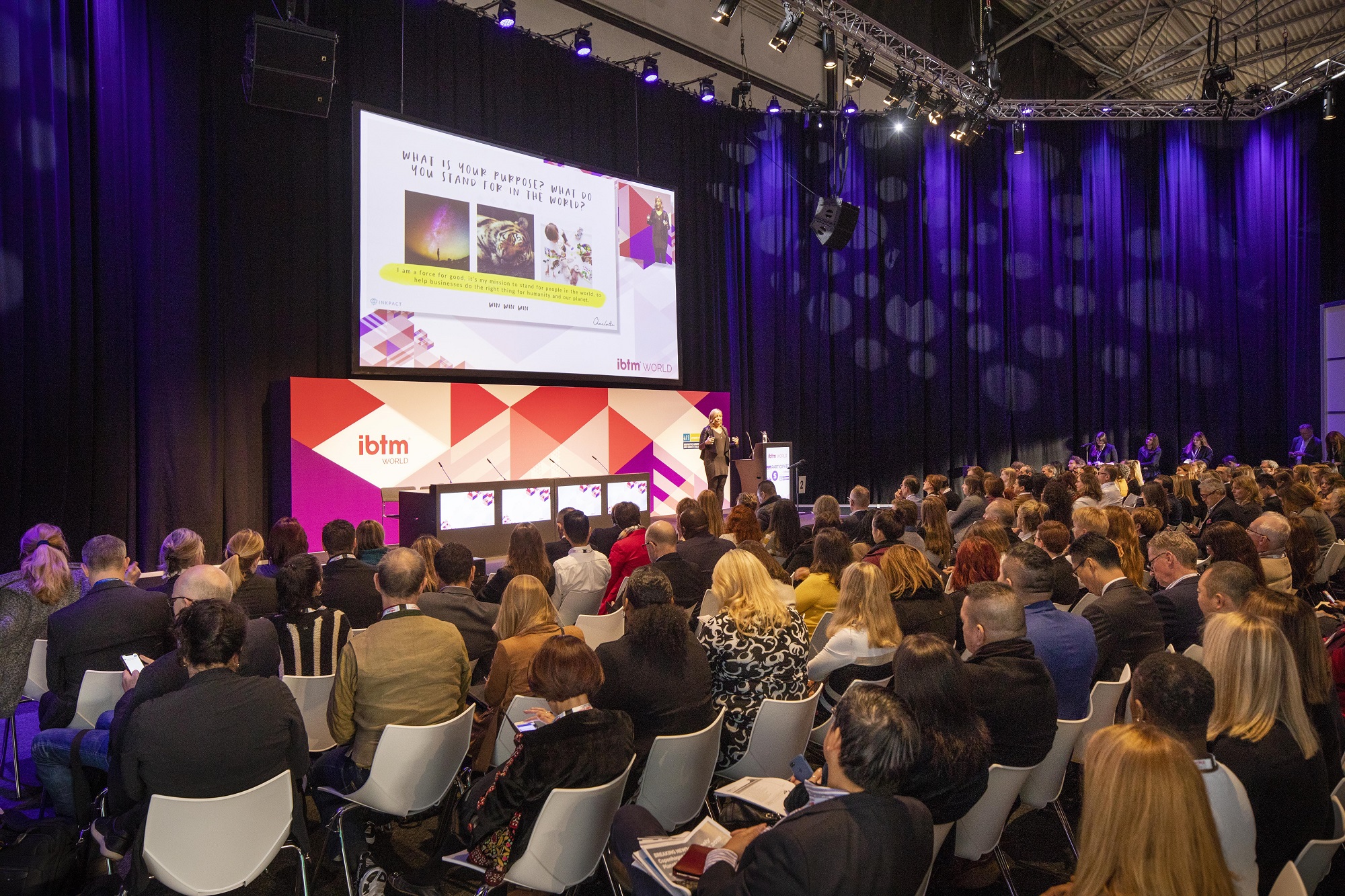
In what was perhaps the biggest mishap in the Oscars’ history, on February 26, “La La Land” was wrongly announced as the winner of the coveted Best Picture award instead of “Moonlight”.
Human error, probability theory, celebrity distraction… regardless of the mitigating explanation behind this mistake, the Oscars and the event organiser still suffered an embarrassing hit to their reputation (and generated several viral memes along the way).
Here are six tips for avoiding a similar blunder at your next event:
1. Planning
Attention to detail is key. No matter how busy you are, always take some time to check, double-check and even triple-check your work. Grab your colleague to take a second look at the project – we’re often so consumed with the project that we may not spot any errors a second pair of eyes can easily identify.
We always recommend having a pre-planning stage when organising events all around the world. Have procedures ready in place to minimise the possibility that a “nasty surprise” during the event catches you unaware.
2. Rehearsals
Carry out full running orders and rehearsals prior to the start of the event. This ensures that all stakeholders during the event, from your spokespeople to your event technicians, know what will happen and when.
Good event managers and planners have an axiom – check, double-check and triple-check. Likewise during rehearsals, never assume anything and check every single detail. Rehearsals are the time to answer any doubts and troubleshoot any possible problem. Remember – to assume makes a fool out of you, me and us!
3. Behaviour
When an issue does come up (and never assume it won’t), event managers need to be trained in how to behave in order to maximise the best possible outcome.
They can own the moment (like Warren Beatty) or make good of it (like Jordan Horowitz who speedily and gracefully announced there was a mistake), but always, always remain focused on the attendees’ experience.
In a manner of speaking, this is “Showbiz, baby!” – so all other things are details that can be fixed!
4. Communication
When the wrong winner was announced, reports suggest that there was confusion among the backstage crew at the Oscars for over two excruciatingly long minutes before someone decided to communicate that error. To put those two minutes in context, three thank-you speeches were finished by the time the mistake was announced.
Keeping people informed at all times minimises any time wasted. It ensures everybody is clear in their roles and responsibilities. Technology and event management tools can play a huge role here in enabling clear and instant communication with everyone.
Team Building Asia’s Stuart Harris on improving communication in the workplace
5. Partners
Any event organiser will need strong partnerships with their suppliers to ensure their event runs smoothly and successfully. Trust and familiarity form the bedrock of such relationships.
Having capable partners on-site will enable you to focus on your objective – to provide the best possible service to your clients and deliver an excellent event experience to event attendees.
6. Reflection
Knowledge is power. Reflecting on the event within your team and with external stakeholders helps exchange and amass knowledge that would ultimately be useful to your team and future events.
No matter how well (or badly!) an event went, it’s essential to carry out a full debrief to reflect on what worked and what can be improved. People can learn from mistakes (PwC probably won’t get the Best Picture award winner wrong again… one hopes!), while best practices during the event can be shared as a successful use case for future events.
Michael Chiay is senior director for Asia Pacific, CWT Meetings & Events


